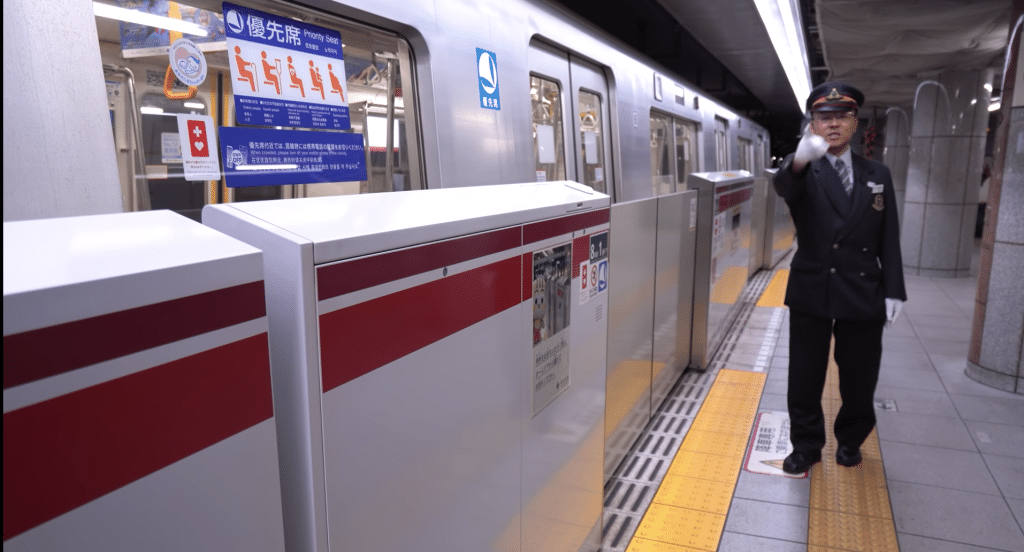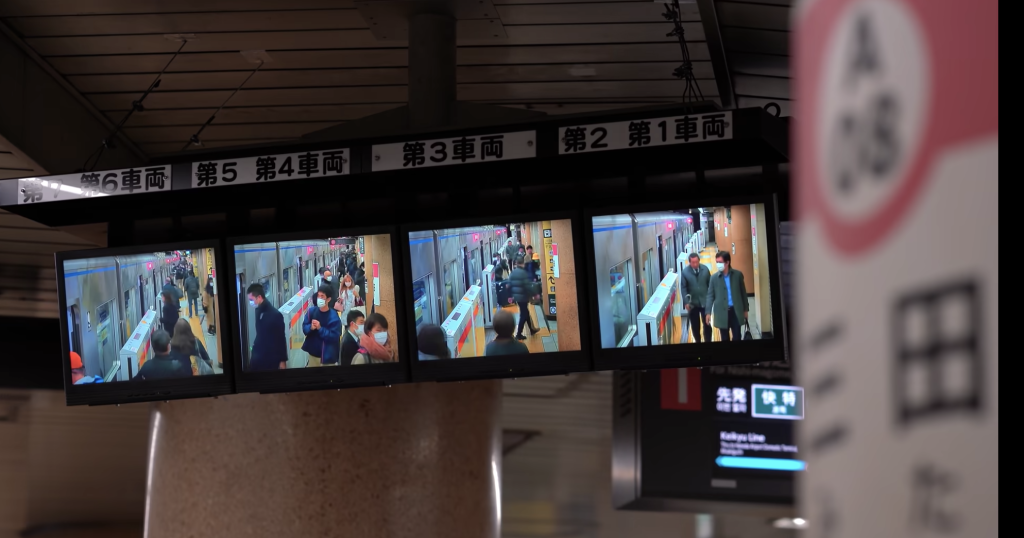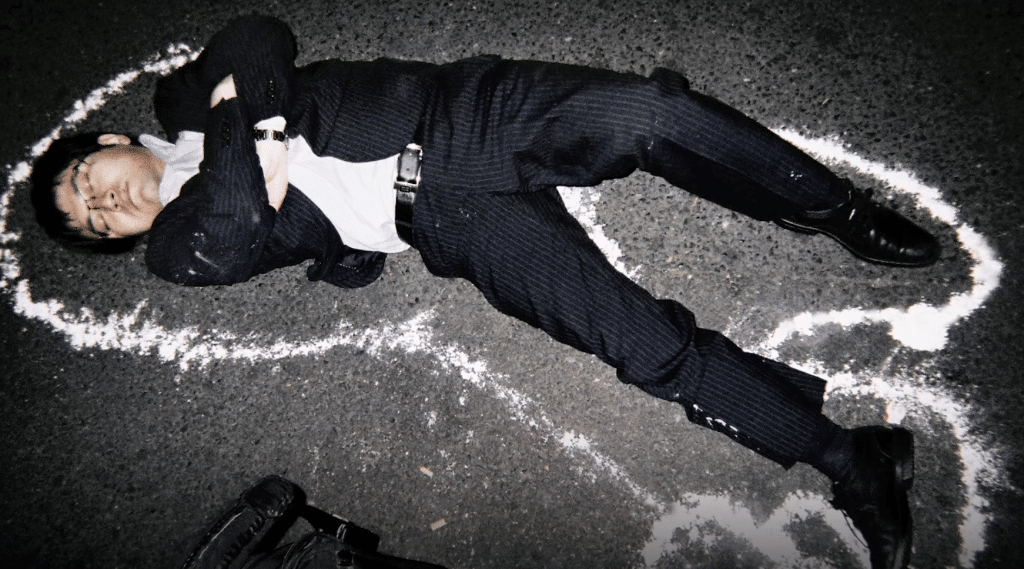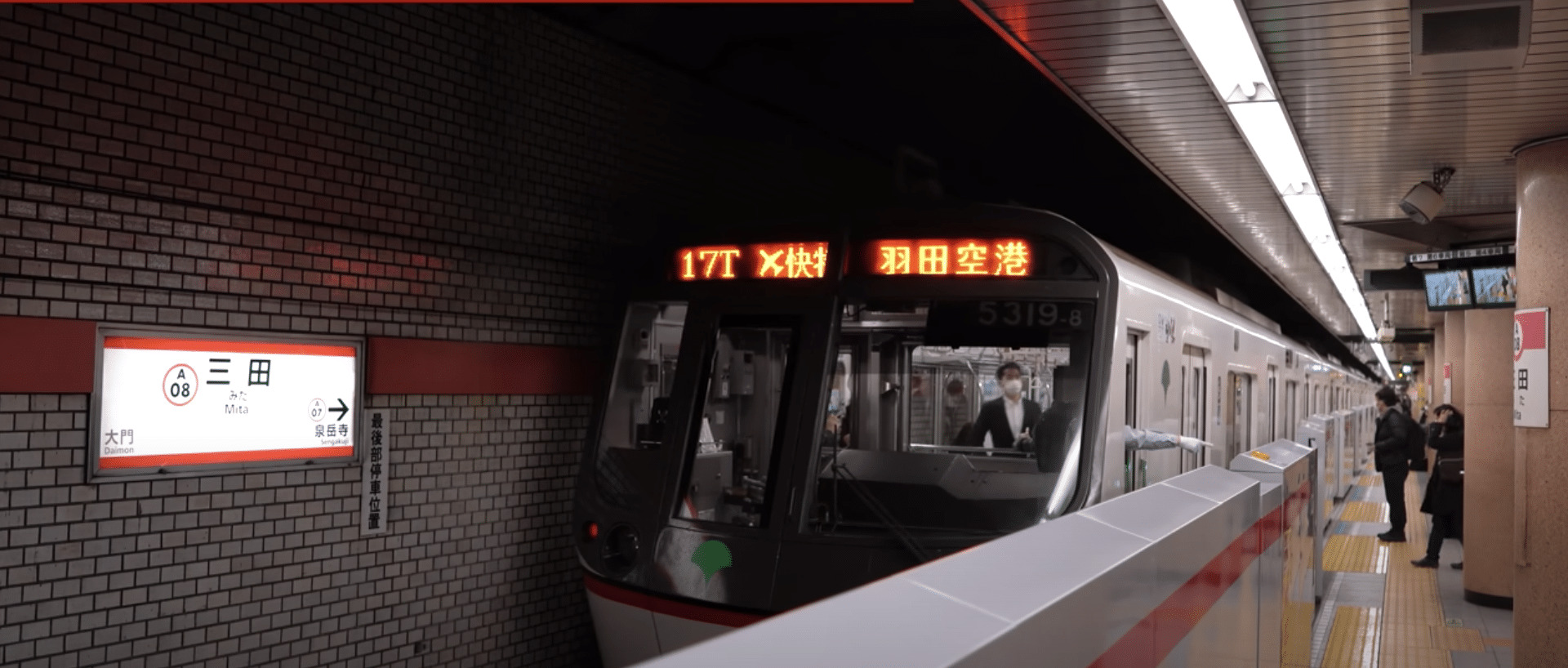Japanese railways are famously punctual; if a railway schedule says your train will get there at 7:00 AM, it will arrive at 7 on the nose. Lapses in the precise system often have extreme consequences for railway companies, passengers, and train operators. After a mix-up causing a minute-long delay, Japan Railways West (a railway company) fined an employee for the lateness. After, the driver sued, sparking conversations about how work ethic and the culture of punctuality in Japan can lead to often abusive working standards.
The 2.2-million-yen lawsuit was filed after an incident in June 2020, when an employee went to the wrong platform to pick up an empty train, taking it over later than expected. The train’s schedule was delayed by a minute. To Americans (and their less than phenomenal public transportation systems), a one-minute delay seems both unremarkable and possibly even ideal. However, in Japan, where timeliness is a mark of politeness and efficiency, delays end with penalties for train operators.
The JR West employee was fined 85 yen for a two-minute holdup that JR West reduced to 43 yen after an appeal to the Labour Standards Inspection Office, citing the fine as payment for one minute of lost work. Afterwards, he sued.

Credit: Youtube/Life Where I’m From
The lawsuit reasons that not only did the employee lose money on overtime but also that the situation caused him mental stress that required compensation. While JR West has rebuffed the lawsuit, citing in its case “no work, no pay,” the employee argues that while he made a mistake in his work, he was still working when it happened. The delay also didn’t have an effect on other schedules, meaning that the fine was needless punishment.
To an outsider, the situation might seem a bit overblown from both angles, with the company’s harshness seeming authoritarian, and the lawsuit being over only a few cents of lost income. However, the lawsuit makes more sense contextualizing the general work culture in Japan, and how it factors into punctuality culture.

Credit: Youtube/Life Where I’m From
Another incident with JR West, for example, punished an employee for using the bathroom instead of running a train on time, causing a three-minute delay. The employee cited that he had horrific stomach pains at the time, but still got punished for deprioritizing work.
Japanese work culture is notoriously abusive and stressful for employees, expecting rigid, often militaristic work ethic from employees. There’s even a term for death-by-overwork— Karoshi— which includes suicide or bodily dysfunction due to work-related stress.

Credit: Now This News
While train operation on the surface seems like an ordinary job, it’s incredibly high-stress. It focuses both on menial precision in punctuality and also on being able to quickly communicate with other employees and passengers to avoid dangerous situations . With the high skill level and mental fortitude required for the job, the insistence of JR West in penalizing tiny mistakes seems sinister and authoritarian.













